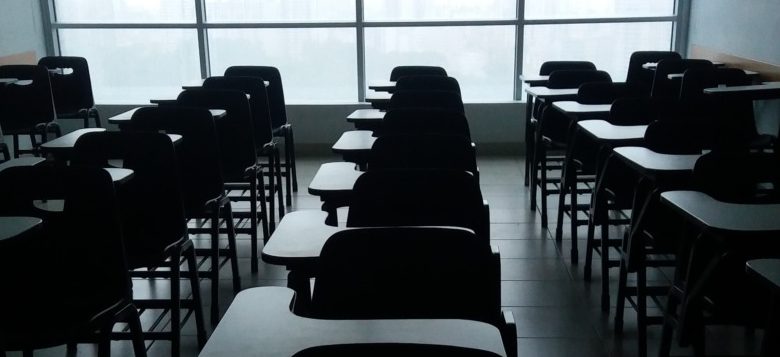“Calculated grades” are a pragmatic but problematic solution
So A-Level and GCSE exams have been cancelled. Instead, Gavin Williamson has announced, students will be awarded “calculated grades”.
These grades will be determined by mock exams, prior attainment, and teachers’ judgements. I believe the school closures and exam cancellations are necessary, to optimise the potential of suppressing the virus, but I still have many concerns about this method of assessment.
Following the announcement of the Department of Education’s arrangements for the A-Level assessments, students faced a wave of emotions. Bewilderment, then uncertainty, then anxiety. After all, amassing academic knowledge, from engraved Shakespeare quotes to memorised mathematical formulas, seem futile without the end goal of application.
The power has been taken out of the hands of individual students, instead lying in that mock exam taken with apathy a few months ago.
The power has been taken out of the hands of individual students, instead lying in that mock exam taken with apathy a few months ago. Or, if not that lacklustre grade, their academic destiny may depend on how much their teacher likes them. Cutting the sarcasm, this would’ve been inimical to my own A-Level results; my predicted grades were significantly lower than what I managed to achieve.
On the other hand, aspects of the measures taken pose a sense of unfairness arguably in favour of some A-Level students. In a press release, the Department of Education revealed that if students don’t believe the calculated grades reflect their capability, they can sit an exam at the “earliest reasonable opportunity”. But, in essence, doesn’t this just give some students a double chance? Anyone would snatch their calculated grades so long as they correlate with their expectations.
I also fear that some students will progress onto higher education after receiving a comfortable set of calculated grades, without going through the endurance of revision and the pressure of exams. All the same, their potential to achieve higher goes untested. Consequently, these (soon-to-be) freshers will approach their new university assessments with inexperienced reaction and response to scripts and data in higher-level exam conditions.
After all, amassing academic knowledge, from engraved Shakespeare quotes to memorised mathematical formulas, seem futile without the end goal of application.
By all means, they would have been exposed to GCSE exams and past papers for A-Levels, but from my experience, A-Level exams were a whole different experience. So, in the long term they may find that not sitting the actual A-Level papers has hindered their academic development. But of course, who’s to blame them? Obtaining secure grades, without exams, is a pipe-dream for many.
Regardless, if students opt into taking their A-Level exams at the earliest opportunity, the whole system of university applications and places will be disrupted. Firstly, universities often over-offer places to account for students who miss their predicted grades, due to factors such as exam anxiety or poor timing. But if these factors aren’t coming into play, universities may struggle to cater for the number of admissions promised.
Secondly, exam boards already struggle with marking over the summer, with markers encountering an overwhelming work-load within a short time-scale. So, marking won’t be completed instantly, even with exams done at the earliest opportunity. Therefore, will the freshers who accepted calculated grades begin university as usual in September, while other students must wait until exams are marked and verified?
Our role here lies in supporting dispirited students around us
Thirdly, how do we even know whether the pandemic will have calmed down enough later in the year to allow the large-scale congregating to occur? It all seems a bit odd to me, but it seems the most plausible way possible in these extraordinary circumstances.
Ultimately, no one can be held accountable for causing unfairness with this year’s A-Level exams. No contingency plan would have provided any more realistic procedures than the Department of Education’s devised arrangements.
Our role here lies in supporting dispirited students around us, while of course following the government’s Covid-19 advice in order to resume social normality.

Comments